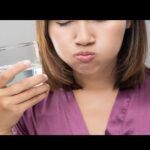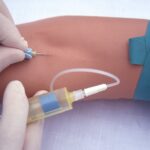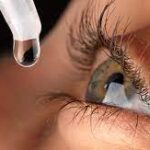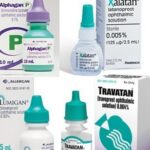Can You Use Contact Solution As Eye Drops?
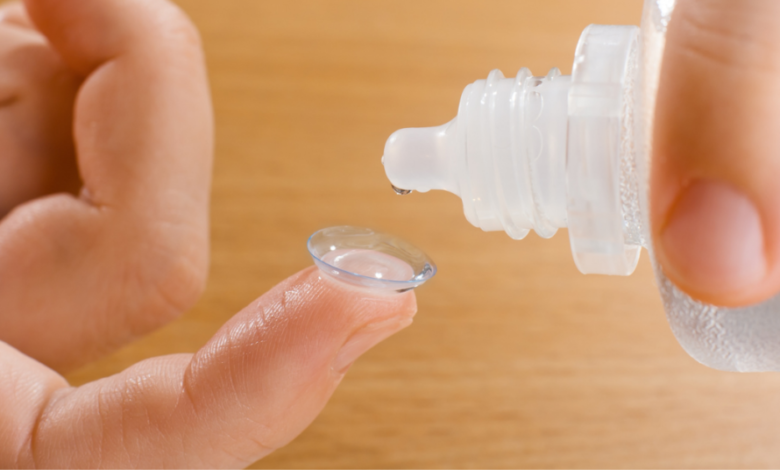
Contact lens solution is designed to be used when rinsing, storing, and cleaning your lenses. It works to kill bacteria and keep your contact lenses safe when they come into contact with your eyes.
Solutions come in many different formulas, all aimed to accommodate slightly different needs, but essentially all do a very similar job. Proper contact lens care is important for keeping your eyes healthy and free from infection. Only your eye care provider can determine which contact lens care system is best for you.
What’s In Your Contact Lens Solution?
Disinfectant: One of the primary functions of contact lens solutions is to disinfect lenses. The disinfectant in the solution removes germs, bacteria, fungi, and other microorganisms that can cause infection. The most common ingredients in contact lenses with disinfecting effects include hydrogen peroxide, boric acid, and ascorbic acid.
Preservative: Like in food, preservatives in contact lenses keep them fresh and effective longer. They make your contact lens solution last longer, so you can consume it even before its expiration date.
Surfactant: Contact lens solutions also act as a surfactant. If you live in an area where there is a lot of dust, the more you will need a contact lens solution with an effective surfactant additive. This component cleanses buildups on the surface of your contacts. Because it is mildly abrasive, it helps remove sediments without scratching the surface of the lenses. Enzymatic cleaners also help dissolve any leftover protein and tissue on the surface of contact lenses that can cause different types of eye diseases.
Wetting Solution: Your contact lenses need to stay moisturized for them to remain soft. An effective wetting agent gradually releases throughout the day. It is why some types of contact lens solutions suggest washing your contacts more frequently throughout the day. Your eyes are less likely to experience strain when your lenses are moisturized.
What Are the Different Types of Contact Lens Solution?
There are 2 main types of solution used with soft contact lenses;
Multipurpose Solution: A multipurpose solution is used for cleaning and disinfecting contact lenses. They do the job quickly and are cost-effective, making them popular. Before handling your contacts and cleaning them with a multipurpose solution, make sure to wash your hands first.
While some call this type of solution a “no-rub” system, experts still recommend rubbing the lenses for at least 10 seconds using your fingers. Doing so ensures there is no leftover debris on the lenses. It is also advisable to place a drop of saline in each lens to rinse it before putting it back in your eye. Multipurpose contact lens solutions come in various types, so be sure to choose the right one for your contacts.
Hydrogen Peroxide Solution: You will need to spend more time cleaning your contact lenses with a hydrogen peroxide-based solution. It is a preservative-free type of solution, ideal for individuals who are sensitive or allergic to chemicals. Hydrogen peroxide contact lens solutions usually cost more than multipurpose solutions. This solution is great at disinfecting lenses, but it can sting or burn your eyes. After disinfecting your contacts, you should neutralize this solution. Neutralizing this solution will change it into plain saline.
Can you use contact solution as eye drops?
No, according to the official answer provided by the American Academy of Ophthalmology, this practice is not recommended because it is unsafe. According to the academy, it is best to avoid using any kind of eye drop when wearing contacts. However, you can use wetting drops or preservative-free lubricating drops as recommended by your eye doctor.
Aside from the need to flush your eyes out with water after exposure to dust or chemicals or other foreign substances, there is no reason to rinse out your eyes. If your eyes need additional moisture because they are dry then you can use the appropriate over-the-counter artificial tear.
You can find useful information on Can You Use Expired Eye Drops?

